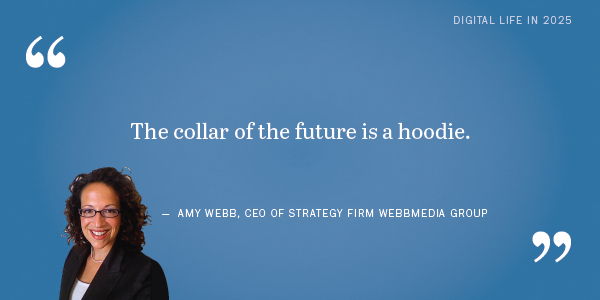Originally posted by jdshock
View Post
Additionally, I read a survey of economic experts (but can’t find it now) where 48% believed that AI would lead to some level of economic net job loss, where as 52% believed that AI would be net neutral or lead to growth. It’s far from a universal given that people will not be able to find work due to economic advances. This argument has been going on for 90 years. Just a few years shy of how long the Jehovah’s Witnesses have been waiting for the end of the world.



Comment